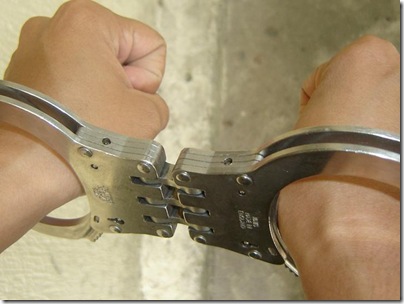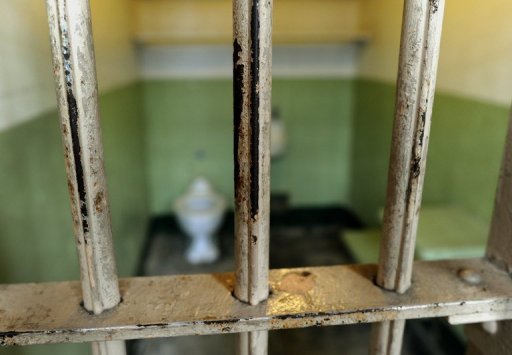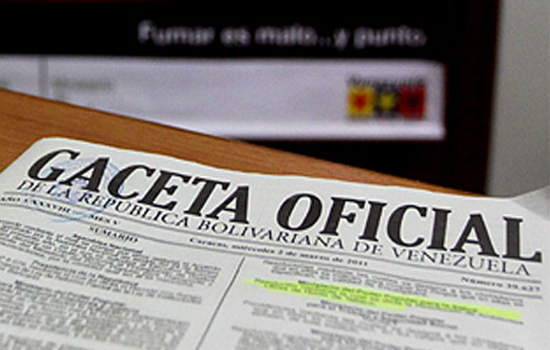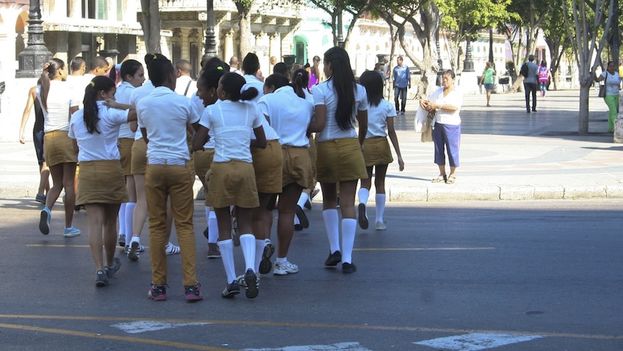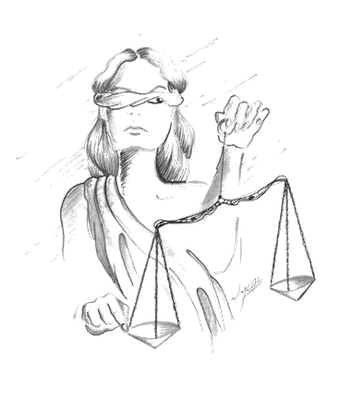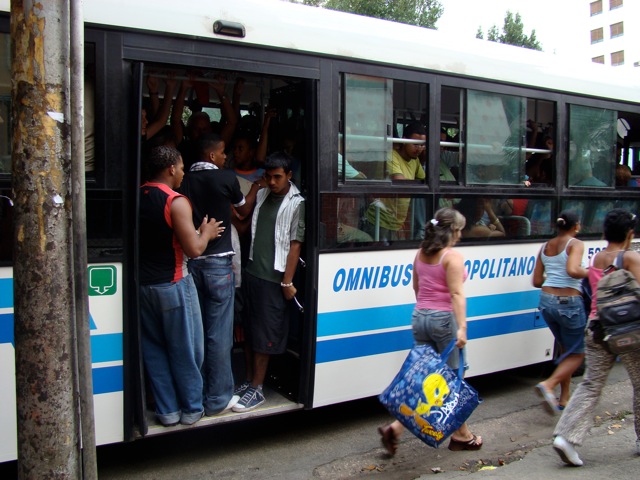Dear Mr. President,
Your administration has taken several important steps to support the Cuban people by opening travel for Cuban-American families, expanding remittances, and enabling purposeful travel for more Americans. Those policies have fostered direct contacts between the United States and the Cuban people, provided a lifeline for average Cubans, and empowered Cuban civil society. As a result, Cuban society and U.S. society are sharing more information and are more connected today than in the past fifty years.
Now more than ever the United States can help the Cuban people determine their own destiny by building on the U.S. policy reforms that have already been started. Such efforts would seek to provide openings and opportunities to support the Cuban people in their day-to-day economic activities, and in their desire to connect openly with each other and the outside world and to support the broad spectrum of civil society, independent, non-state organizations created to further individual economic and social needs irrespective of political orientation. Doing so not only promises to deepen the contacts between the U.S. and Cuban society, it will also help Cubans increase their self-reliance and independence. continue reading
But timing matters and this window of opportunity may not remain open indefinitely. At the same time, the U.S. is finding itself increasingly isolated internationally in its Cuba policy. In the current political climate little can be done legislatively, but the Obama Administration has an unprecedented opportunity to usher in significant progress using its executive authority at a time when public opinion on Cuba policy has shifted toward greater engagement with the Cuban people while continuing to pressure the Cuban government on human rights.
The undersigned members—individuals from the private sector, think tanks, non-governmental organizations, and foundations— acknowledge and appreciate the steps you have taken to improve U.S. – Cuban relations. We further propose the following recommendations that you, Mr. President, can take through executive authority to deepen the changes already underway by giving greater freedom to private organizations and individuals to directly and indirectly serve as catalysts for meaningful change in Cuba.
1. Expand and safeguard travel to Cuba for all Americans
a. Expand general licensed travel to include exchanges by professional organizations, including those specializing in law, real estate and land titling, financial services and credit, hospitality, and any area defined as supporting independent economic activity.
b. Expand travel by general license for NGOs and academic institutions and allow them to open Cuban bank accounts with funds to support their educational programs in Cuba.
c. Authorize U.S. travelers to Cuba to have access to U.S.-issued pre-paid cards and other financial services—including travelers’ insurance—to expand possibilities for commerce with independent entrepreneurs and safeguard people-to-people travel.
2. Increase support for Cuban civil society
a. Allow unlimited remittances to non-family members for the purpose of supporting independent activity in Cuba and expand the types of goods that travelers may legally take to the Island to support micro-entrepreneurs.
b. Establish new licenses for the provision of professional services to independent Cuban entrepreneurs.
c. Authorize the import and export of certain goods and services between the U.S. private sector and independent Cuban entrepreneurs.
d. Allow U.S. NGOs and other organizations to lend directly to small farmers, cooperatives, self-employed individuals, and micro-enterprises in Cuba.
e. Permit family remittances to be used as credits or equities in Cuban micro-enterprises and small farms.
f. Allow U.S. academic institutions to issue scholarships for exceptional Cuban students.
g. Allow for Cuban entrepreneurs to participate in internships in U.S. corporations and NGOs.
h. Promote agricultural exchange studies between U.S.-based NGOs and private cooperative farms in Cuba.
i. Authorize the sale of telecommunications hardware in Cuba, including cell towers, satellite dishes, and handsets.
j. Authorize general travel licenses for the research, marketing and sale of telecommunications equipment.
k. Authorize telecommunications hardware transactions to be conducted through general license in the same manner as existing transactions for agricultural products.
3. Prioritize principled engagement in areas of mutual interest
a. The Obama Administration should engage in serious discussions with Cuban counterparts on mutual security and humanitarian concerns, such as national security, migration, drug interdiction, and the environment, among others. The United States should leverage these talks to press Cuban officials on matters such as the release of Alan Gross and on-going human rights concerns.
4. The Obama Administration should take steps to assure financial institutions that they are authorized to process all financial transactions necessary and incident to all licensed activities.
John Adams, Brigadier General, U.S. Army (Retired); former Deputy U.S. Military Representative to NATO; former Assistant Deputy Chief of Staff for Intelligence, U.S. Army
Ricky Arriola, CEO of Inktel
Joe Arriola, former Manager of the City of Miami
Bruce Babbitt, former Governor of Arizona; former Secretary of the Interior
Harriet Babbitt, former U.S. Ambassador to the Organization of American States
Carol Browner, former EPA Administrator; former Director of White House Office of Climate Change and Energy Policy
Diana Campoamor, President, Hispanics in Philanthropy
Paul Cejas, former U.S. Ambassador; President and CEO, PLC Investments, Inc.
Gustavo A. Cisneros, Chairman , Cisneros Group of Companies
Jeffrey Davidow, former Assistant Secretary of State for the Western Hemisphere
Byron Dorgan, former U.S. Senator
Andres Fanjul, Fanjul Group
Richard Feinberg, former Latin American Advisor to the White House; Professor, University of California, San Diego
Christopher Findlater
Mike Fernandez, Chairman of MBF Healthcare Partners
The Right Reverend Leo Frade, Episcopal Bishop of Southeast Florida
Pedro A. Freyre, Partner, Akerman LLP
Dan Glickman, former Secretary of Agriculture; former Congressman from Kansas
Lee Hamilton, former U.S. House Chairman of the Committee on Foreign Affairs and the Permanent Select Committee on Intelligence
Jane Harman, former Congresswoman
David Hernandez, Co-Founder and CEO of Liberty Power
Vicki Huddleston, U.S. Ambassador (retired); former Chief of the U.S. Interests Section; former Director of Cuban Affairs at Department of State
Peter J. Johnson, Associate to David Rockefeller
Eduardo Mestre, Senior Advisor at Evercore; Board member of Avis Budget and Comcast Corporation
Marcelino Miyares, President MM Communications Inc.
Moises Naím, Senior Associate, Carnegie Endowment for International Peace
John Negroponte, former Deputy Secretary of State; former Director of National Intelligence
Michael Parmly, former Chief of U.S. Interest Section, Havana
Ralph Patino, Civil Trial Attorney; Futuro Fund Board Member
Jorge Pérez, Chairman, CEO and Founder, The Related Group
Ambassador Thomas Pickering, former Under Secretary of State for Political Affairs
David Rockefeller, Honorary Chairman, Americas Society/Council of the Americas
Christopher Sabatini, Senior Director of Policy, Americas Society/Council of the Americas; Editor-in-Chief, Americas Quarterly
Carlos Saladrigas, Chairman of Regis HR Group and Concordia Behavioral Health; Chairman of the Cuba Study Group; member of the board of Duke Energy Corporation and Advance Auto Parts, Inc.
Ken Salazar, former U.S. Secretary of the Interior; former U.S. Senator; former Colorado Attorney General
Susan Segal, President and CEO, Americas Society/Council of the Americas
Ambassador Charles Shapiro, former U.S. Ambassador to Venezuela; President, Institute of the Americas
Anne-Marie Slaughter, President and CEO of the New America Foundation; former Director of Policy Planning for the U.S. Department of State
Hilda L. Solis, former U.S. Secretary of Labor; former Member of Congress
Enrique Sosa, former President of Dow Chemical North America
Admiral James Stavridis, Commander of U.S. Southern Command 2006-2009; Supreme Allied Commander NATO 2009-2013; Dean of The Fletcher School at Tufts University
Alan Stoga, President/Founder, Zemi Communications; Vice Chairman, Americas Society
Strobe Talbott, former Deputy Secretary of State
Arturo Valenzuela, former Assistant Secretary of State for Western Hemisphere Affairs; Professor of Government and International Affairs, Georgetown University
Alexander Watson, former Assistant Secretary of State for Western Hemisphere Affairs
George Weiksner, Vice Chairman, Credit Suisse
The above signatories have signed this letter in their personal capacities; they do not reflect the views of their company, organization or university, current or past.

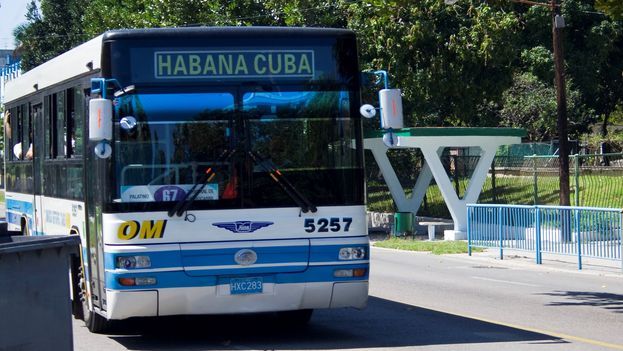

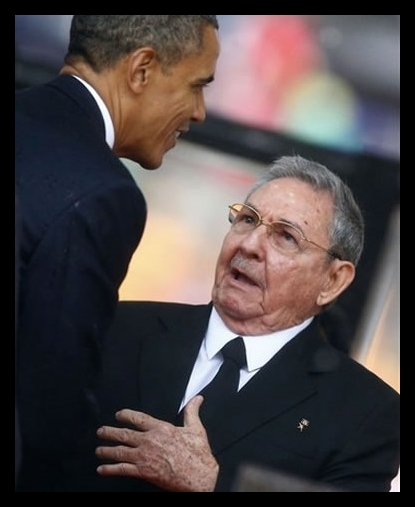

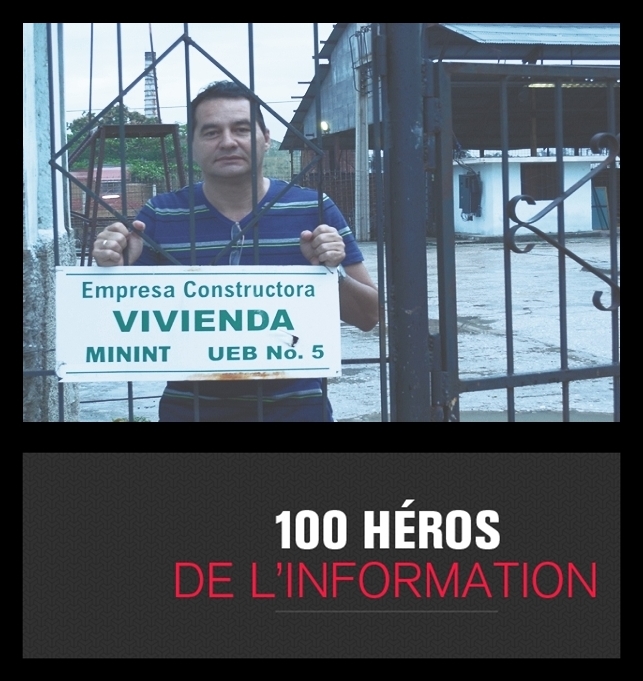
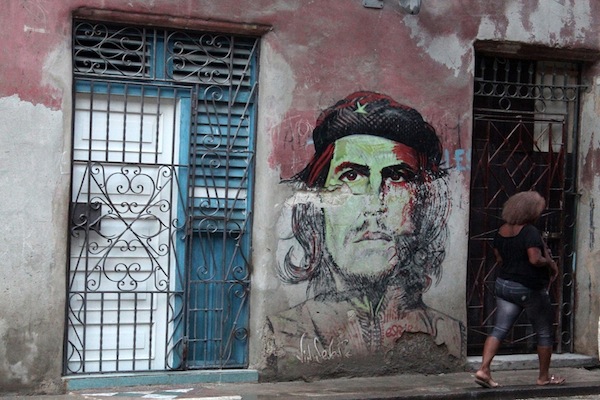 Socialism is like dancing a milonga* in the midst of a carnival parade of rumba dancers
Socialism is like dancing a milonga* in the midst of a carnival parade of rumba dancers